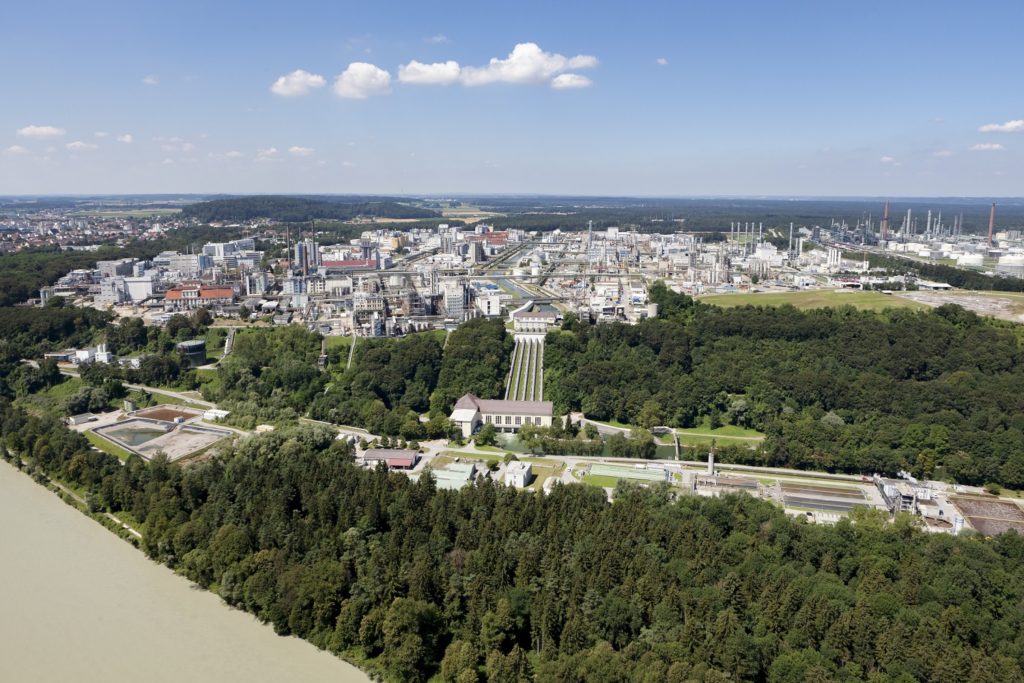Strong sales in the German company’s chemical division did little to counter the effect of the “substantially reduced volumes and lower average prices” of solar grade polysilicon, which resulted from China’s 31/5 policy change.
Overall, group sales fell 5% YoY and 7% QoQ, to reach €1.24 billion (around US$1.4 billion), while EBITDA dropped 19% YoY and 7% QoQ, to €242 million. It did, however, manage to reap an overall net income of €69 million, although this also marked a bid decline from €104.2 million a year ago.
The poor performance was squarely attributed to Wacker’s polysilicon division, which saw Q3 sales of €173.5 million, down 49% from Q3 2017, where sales reached €341.7 million, and 28% from Q2, which reaped €242.1 million.
EBITDA was impacted even more severely, with the third quarter brining in just €4.3 million, compared to €85 million a year ago and €39.1 million in Q2, while EBITDA margin slipped to 2.5%, from 24.9% in Q3 2017 and 16.2% in Q2 2018.
While China’s policy change has been cited as the main cause of this financial decline, Wacker said earnings were also affected by the ramp-up costs at its Charleston site in Tennessee, the United States, which suffered from an explosion in 2017.
In April, the Munich headquartered company said it was gradually ramping up production at the site, with product expected to be again available in Q2. The shutdown affected its Q1 earnings, with sales down 18% compared to a year ago.
Popular content
This quarter, Wacker said, “China’s early-June announcement that it was curbing solar feed-in tariffs and capping the amount of new photovoltaic installations for the current year slowed demand for solar modules. This, in turn, impacted the reporting-quarter price level for solar silicon, which was significantly lower, both year over year and quarter over quarter.”
It continued, “Wacker Polysilicon used the market situation for inventory rebuilding, which will allow it to supply customers promptly once demand and prices have picked up.”
Despite the declines, Wacker is still confident it will meet its original 2018 forecasts, with group increasing by a low-single-digit percentage, EBITDA increasing by a mid-single-digit percentage and a slightly higher EBITDA margin than a year ago.
The group also maintains its positive outlook for PV: “Our chemical business is developing strongly and photovoltaics, despite the market’s temporary weakness, is as promising as ever – not least because of the global climate-policy challenges. As a result, we continue to expect full-year Group sales and EBITDA to grow in 2018,” said CEO Rudolf Staudigl.
This content is protected by copyright and may not be reused. If you want to cooperate with us and would like to reuse some of our content, please contact: editors@pv-magazine.com.



By submitting this form you agree to pv magazine using your data for the purposes of publishing your comment.
Your personal data will only be disclosed or otherwise transmitted to third parties for the purposes of spam filtering or if this is necessary for technical maintenance of the website. Any other transfer to third parties will not take place unless this is justified on the basis of applicable data protection regulations or if pv magazine is legally obliged to do so.
You may revoke this consent at any time with effect for the future, in which case your personal data will be deleted immediately. Otherwise, your data will be deleted if pv magazine has processed your request or the purpose of data storage is fulfilled.
Further information on data privacy can be found in our Data Protection Policy.